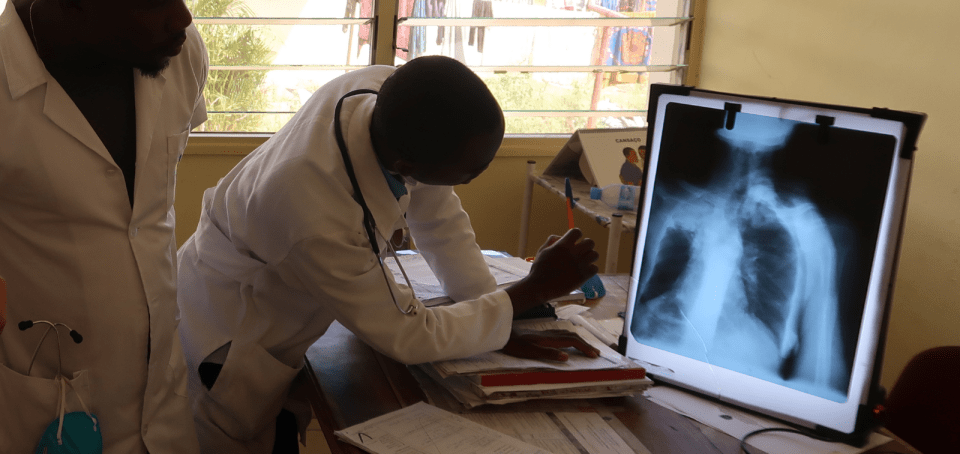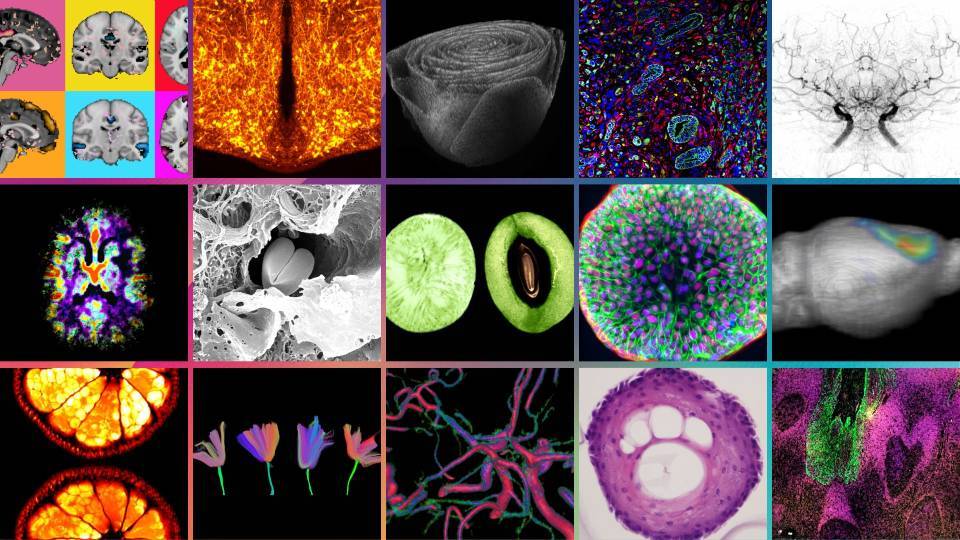A recent study led by researchers from the Clínic-IDIBAPS, carried out with the support of the “la Caixa” Foundation, presents a new 17-question questionnaire on the Mediterranean diet to help improve health during pregnancy, which could be used both in consultations with health professionals and in research.
This questionnaire was validated by means of a study, published in The American Journal of Clinical Nutrition. The research was coordinated by Dr. Rosa Casas and Dr. Fàtima Crispi, researchers from the Cardiovascular Risk, Nutrition and Ageing research group and the IDIBAPS Fetal and Perinatal Medicine group (BCNatal), respectively, together with Dr. Sara Castro-Barquero and Dr. Francesca Crovetto, from the Foetal and Perinatal Medicine group (BCNatal).
In this study, the preg-MEDAS questionnaire was used to assess adherence to a Mediterranean diet adapted for pregnant women in the IMPACT BCN study. It included 812 pregnant women at high risk of having a small-for-gestational-age baby. The participants were assigned to three groups: intervention with a Mediterranean diet; a mindfulness-based stress reduction programme; or standard care.
The study confirms the validity of this new tool, the preg-MEDAS questionnaire, which makes it possible to measure adherence to the Mediterranean diet in pregnant women, quickly and easily, and to detect changes in their diet during pregnancy. This means it could be used both in clinical practice and in epidemiological studies.
The results showed that women with greater adherence to the Mediterranean diet had better cardiometabolic health and a significant decrease in blood pressure after 3 months of intervention. Pregnancy is considered a stress test for women's cardiovascular health and hypertension during pregnancy is an important source of perinatal complications.
During pregnancy, the diet has to change, and this questionnaire adapts the Mediterranean diet to the nutritional needs of this stage of life. It promotes the intake of traditional healthy foods such as vegetables, fruit, pulses, wholegrain cereals, oily fish, nuts and seeds, extra virgin olive oil and dairy products. At the same time, it promotes a reduction in the consumption of refined cereals, red and processed meat, sugar-sweetened beverages, margarine and butter, and sweets, biscuits, cakes and pastries.
Moreover, the preg-MEDAS was the tool used in the main study in the IMPACT BCN trial published in the journal JAMA, which demonstrated for the first time that the Mediterranean diet adapted to pregnancy reduces one major perinatal complication: the incidence of newborns who are small for their gestational age.
This study has validated the preg-MEDAS questionnaire as a new health tool, based on scientific evidence, which may be useful for measuring and improving nutrition during pregnancy through the Mediterranean diet. It also highlights the importance of a healthy diet during pregnancy for the well-being of mothers and newborns, although more research is needed to understand the long-term effects on the health of children.
The project has received funding from the “la Caixa” Foundation, the Cerebra Foundation for the Brain-Injured Child, the Agency for the Management of University and Research Grants (AGAUR), the Carlos III Health Institute, the University of Barcelona and Biomedical Research Networking Centre on Rare Diseases (CIBERER), Obesity and Nutrition (CIBEROBN) and Mental Health (CIBERSAM).
Study reference:
Castro-Barquero, S., Crovetto, F., Estruch, R., Ruiz-León, A. M., Larroya, M., Sacanella, E., Casanovas-Garriga, F., Casas, I., Nakaki, A., Youssef, L., Trejo-Domínguez, A., Benitez, L., Genero, M., Vieta, E., Gratacós, E., Crispi, F., & Casas, R. (2024). Validation of a pregnancy-adapted Mediterranean Diet Adherence Screener (preg-MEDAS): a validation study nested in the Improving Mothers for a better PrenAtal Care Trial BarCeloNa (IMPACT BCN) trial. The American Journal of Clinical Nutrition, S0002-9165(24)00519-7. Advance online publication. https://doi.org/10.1016/j.ajcnut.2024.05.025




